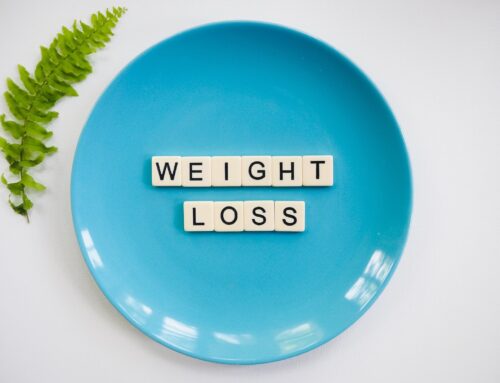The bible is filled with calls to the believer to pursue knowledge. Proverbs 15:14 says “The mind of the intelligent seeks knowledge, But the mouth of fools feeds on folly.” Proverbs 18:15 reiterates this principle when it says “The mind of the prudent acquires knowledge, and the ear of the wise seeks knowledge.” Proverbs 24:5 says “A wise man is strong, and a man of knowledge increases power.” This emphasizes the old saying “knowledge is power.” May these bits of knowledge regarding fitness assist you on your journey to becoming healthy and fit.
Q. No matter how much aerobic exercise and abdominal work I do, I still have a bulging belly. What am I doing wrong?
A. It’s quite possible to have excellent aerobic function, strong abdominals and still have a belly because a layer of fat is still sitting on top of those muscular abdominals. In women, a protruding lower belly can be the result of several contributing factors; poor posture due to osteoporosis and muscular imbalance, weak abdominals and lower back muscles, tight hip flexors, bloating or digestive disorders, and excess adipose tissue in the lower abdomen. Addressing each of these independent issues will insure a healthy midsection. We all have six pack abs but for some of us it’s just hiding under a layer of fat. Not all women can have flat abs especially if they’ve had several children and are genetically predisposed to store fat in the midsection. Note too that during perimenopause and after menopause there is a gradual shift upwards in body fat deposition sites. Certainly a balanced exercise program that includes cardiovascular exercise, strength training of all the muscles (not just your abs), and a healthy portion controlled diet is a good start to trimming down. A more focused effort on some of the other underlying issues may be the missing link.
Q. Why does it seem like the fat on my hips is impossible to lose?
A. God in His ingenuity put fat on women for a good reason. High stores of fat in the lower body are used during the last stages of pregnancy and breast-feeding to support the baby. Fat that is deposited on the hips thighs and buttocks is guarded zealously by the female body until this point in time when the fat cells there become more metabolically active in order to support the newborn. In other words, hip fat is very stubborn to give up what it has unless you’re lactating. Understanding our physiology is a first step in coming to terms with this stubborn area. As women progressively lose body fat, more and more of it will eventually come from the lower body but not at first. Lower body targeted exercises will only spot tone various muscles but losing the fat is again a combination of portion control, proper nutrition, cardiovascular exercise and strength training to boost the metabolism.
Q. Will I burn more fat if I work out on an empty stomach?
A. Exercising while fasting does not increase fat metabolism. Fat may contribute slightly more to the fuel mixture while fasting but the main goal of fueling with food is to ensure adequate blood glucose levels for the workout. Fasting prior to working out may hinder performance during a long, hard workout that requires a ready supply of blood glucose. The key to increasing fat metabolism is through chronic endurance training, not working out on an empty stomach. There has been a large amount of research showing that carbohydrate consumption during exercise lasting an hour or more enables longer and more intense sessions. You’ll get a lot more out of your training with a steady glucose supply. Exercisers need carbohydrates to burn fat properly. Fat burns in a carbohydrate flame. So the recommendation is to eat a little something before your workouts to insure that you don’t bonk. Keep these facts in mind when planning your snack and workout; fat takes about 4 to 6 hours to digest, protein takes about 4 hours to digest, and carbohydrates take around 2 hours to digest. You might want to scale back on the fat and protein as it gets closer to your workout time.
Q. Is it best to exercise in the morning or the evening?
A. Both times are good for exercising but the most important thing in deciding when to work out is finding a time that is consistent, convenient and enjoyable for you.
Benefits of Morning Workouts:
Exercising early in the morning allows you to start the day on a positive note and ensures that other priorities won’t crowd out your fitness commitment. Oftentimes unexpected circumstances come up during the day that interferes with your workout. Morning exercisers are typically more consistent and have a higher adherence rate. Research has shown that exercise can increase energy and mental focus for 4 to 10 hours post exercise. This endorphin release from vigorous activity can make for a more productive work day.
Benefits of Evening Workouts
Not only are muscles warm and more flexible later in the day but strength is at its peak in the afternoon. For many women, exercise is a good stress reliever after a long day. While vigorous exercise can make for better quality sleep, be careful not to exercise too close to bedtime as it may disrupt normal sleep patterns in some people. Some people notice a reduction in hunger after a workout. If weight management is one of your goals then this can be a real plus for you if hunger kicks in strong towards the evening hours. Many find temptation especially hard to resist later at night. Try an evening brisk walk or a quick circuit weight lifting routine.




